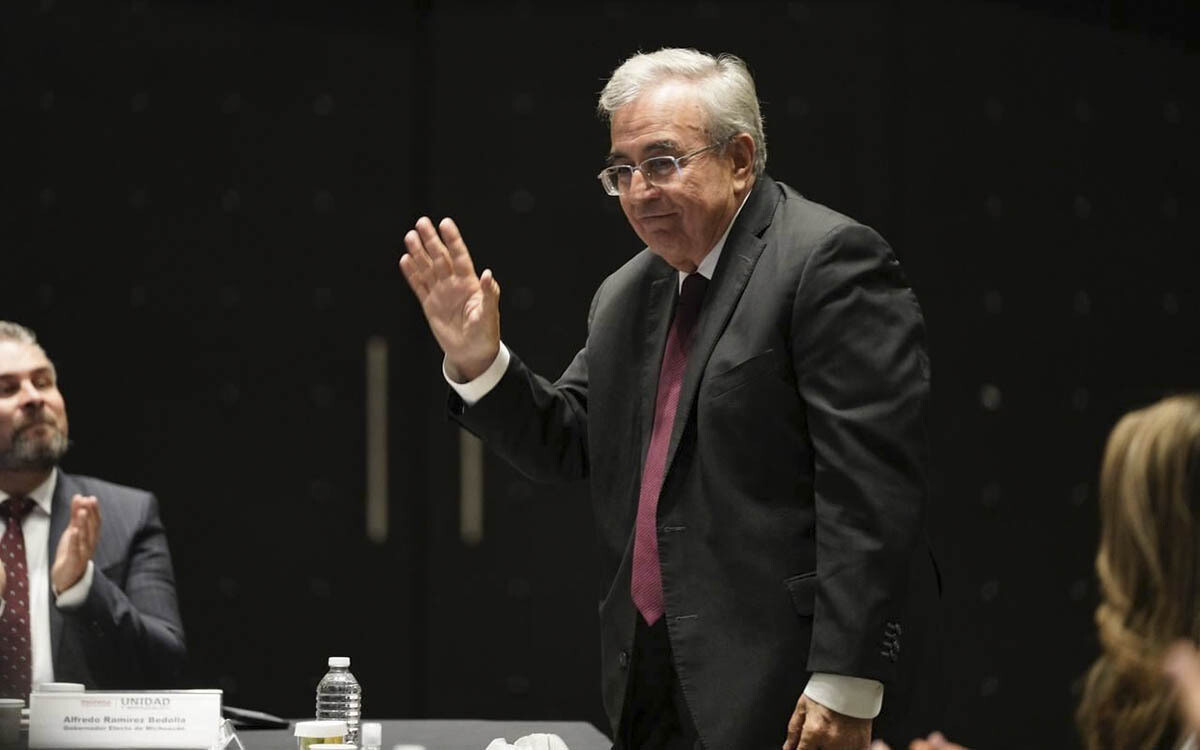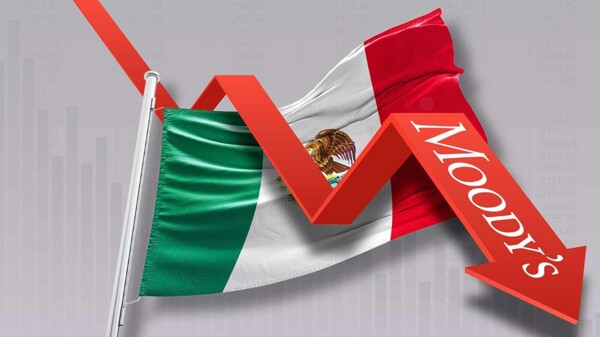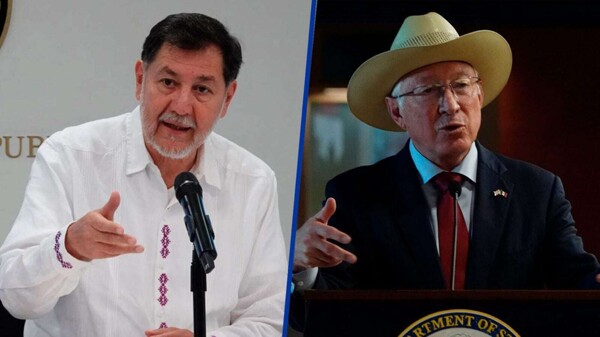
The Electoral Institute of the State of Sinaloa (IEES) has resolved that it is not appropriate to initiate a revocation of mandate process against Governor Rubén Rocha Moya, in response to several requests submitted to the organization. In a statement, the General Council explained that, in compliance with the principle of legal certainty and according to the jurisprudence of the Supreme Court of Justice of the Nation, the Revocation of Mandate Law cannot be applied retroactively to the detriment of any person.
The IEES concluded that the request is not applicable since the law was enacted after Rocha Moya took office as governor. At the time of his election, there was no provision allowing for the early revocation of the mandate. The constitutional reform regarding the revocation of mandate was approved after the election and swearing-in of the governor.
In response to the IEES's resolution, Governor Rocha Moya stated that he will formally request the implementation of the revocation of mandate measure, as he is in favor of undergoing this process, recalling that he himself proposed the bill. His intention is to respect the will of the citizenry, despite the Electoral Institute's considerations regarding the retroactivity of the law.
On the other hand, the group "Citizens United for Sinaloa" expressed its disappointment at the IEES's refusal to carry out the requested revocation of mandate process. The group believes there are precedents in favor of the retroactivity of laws in the protection of human rights and regrets that the councilors did not take this aspect into account. Electoral authorities are accused of protecting the governor rather than supporting the will of the citizens.
In its statement, Citizens United for Sinaloa warns that they will study legal options to challenge the decision and revoke the IEES's ruling, as they believe the figure of the current governor does not favor stability, peace, and well-being in Sinaloa, advocating for Rocha Moya's departure from office.














